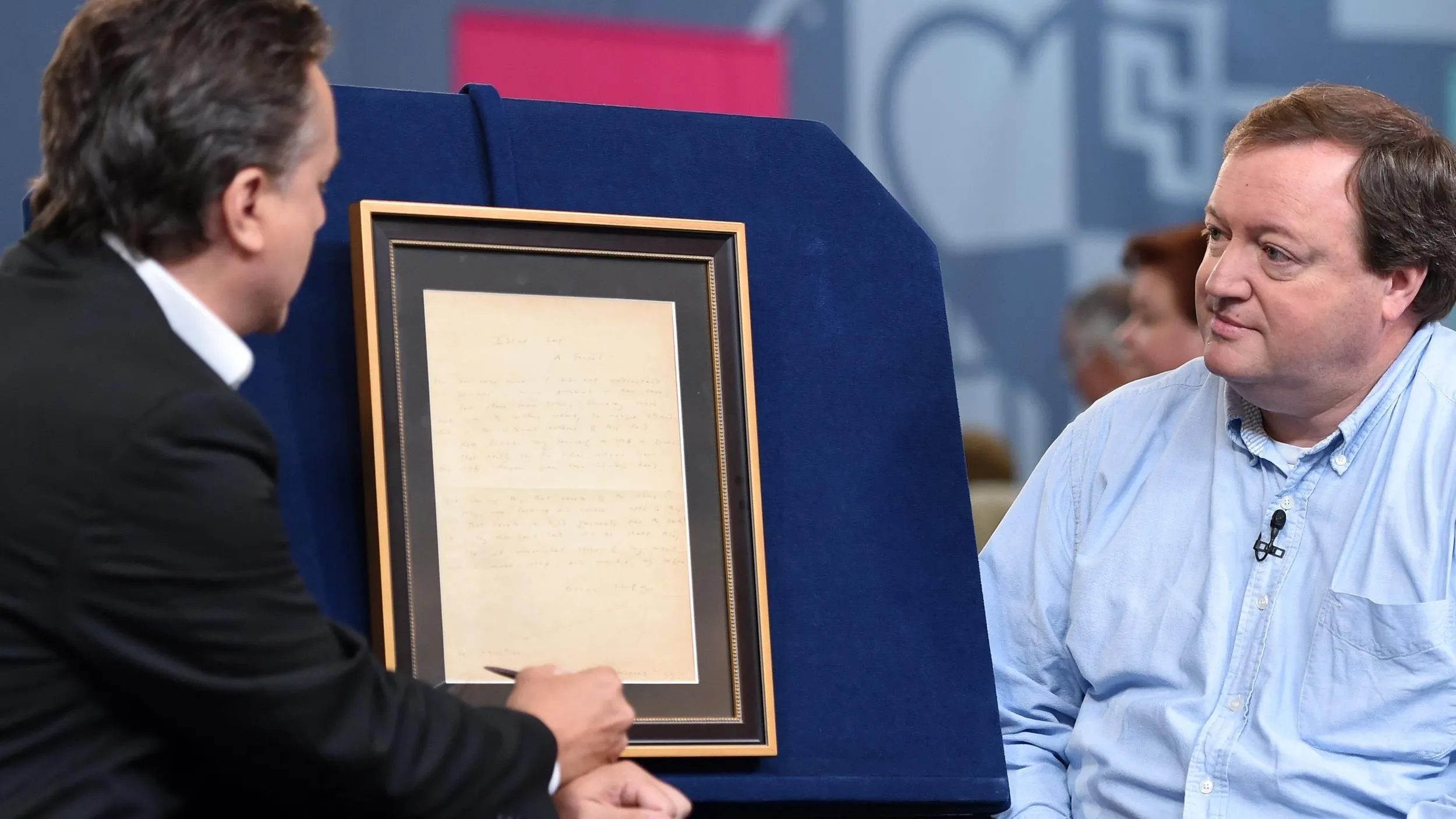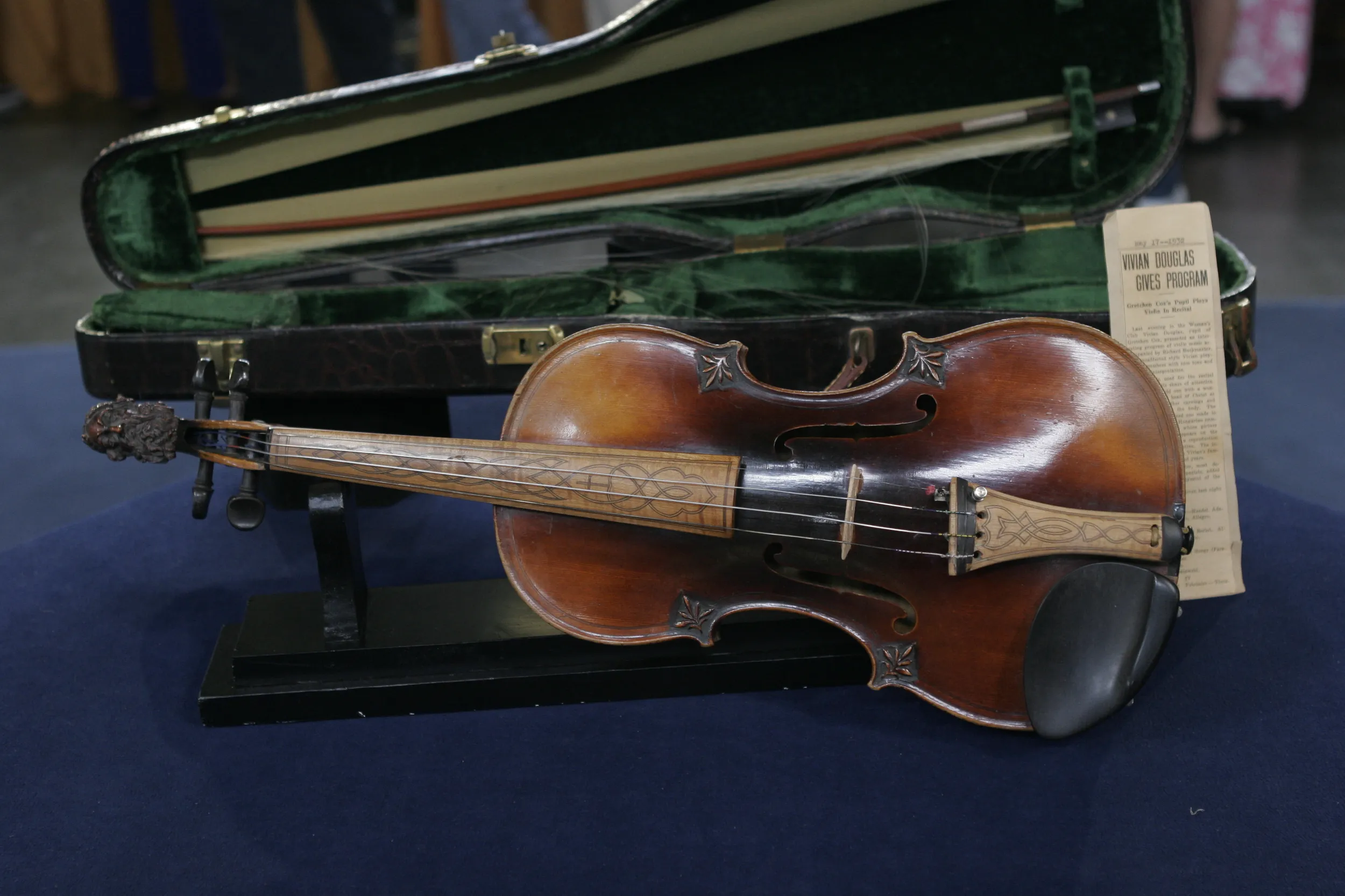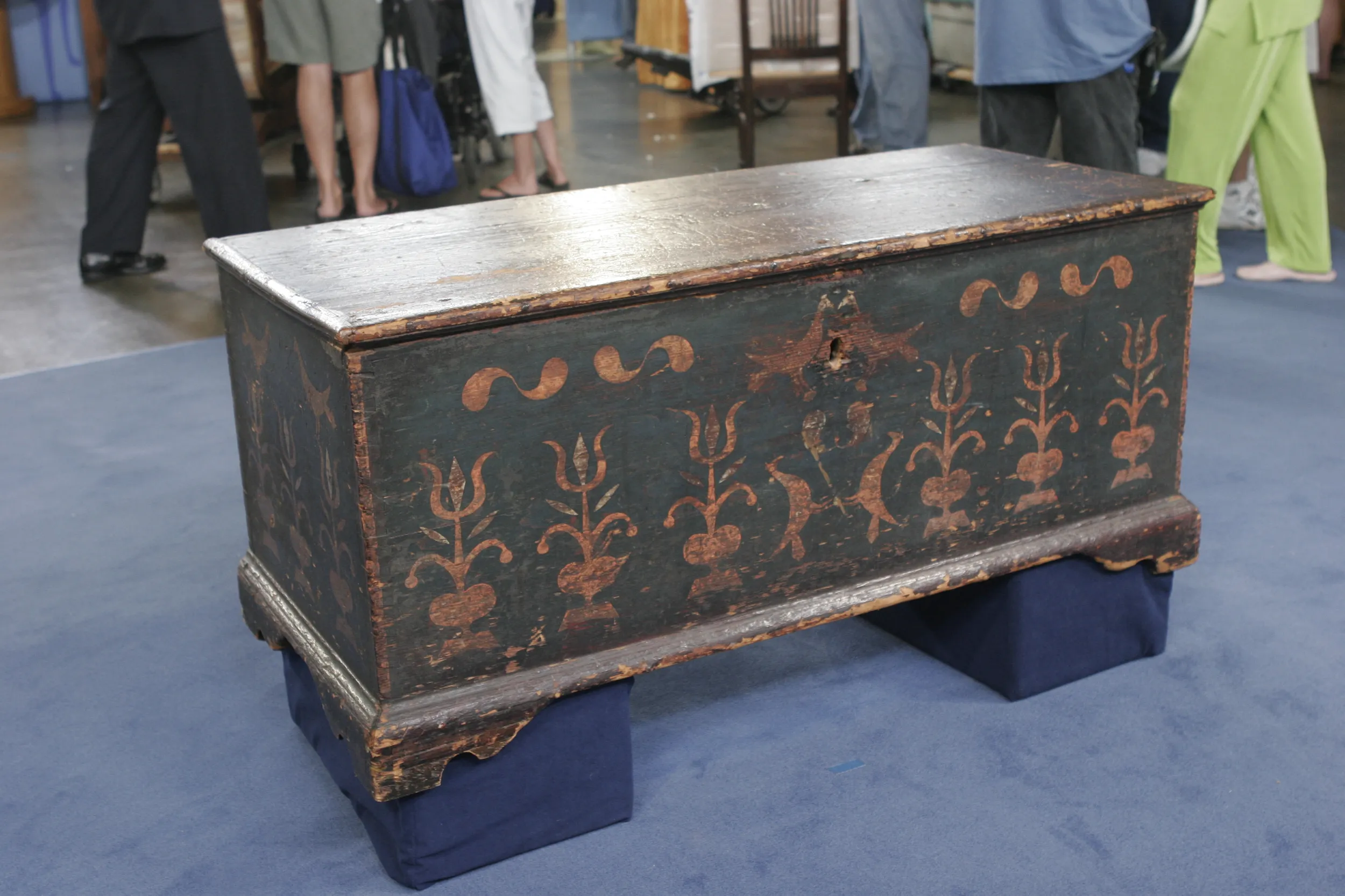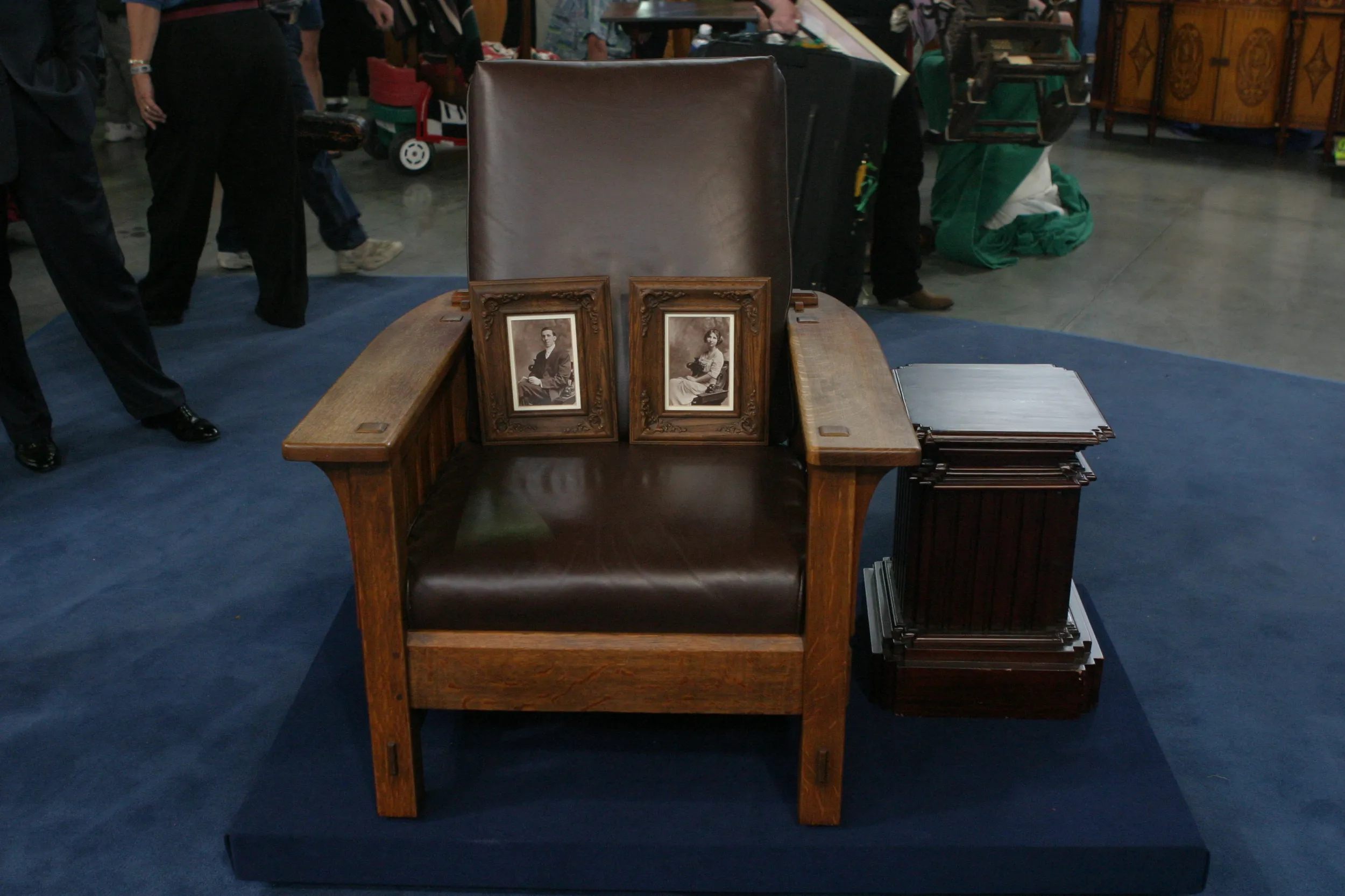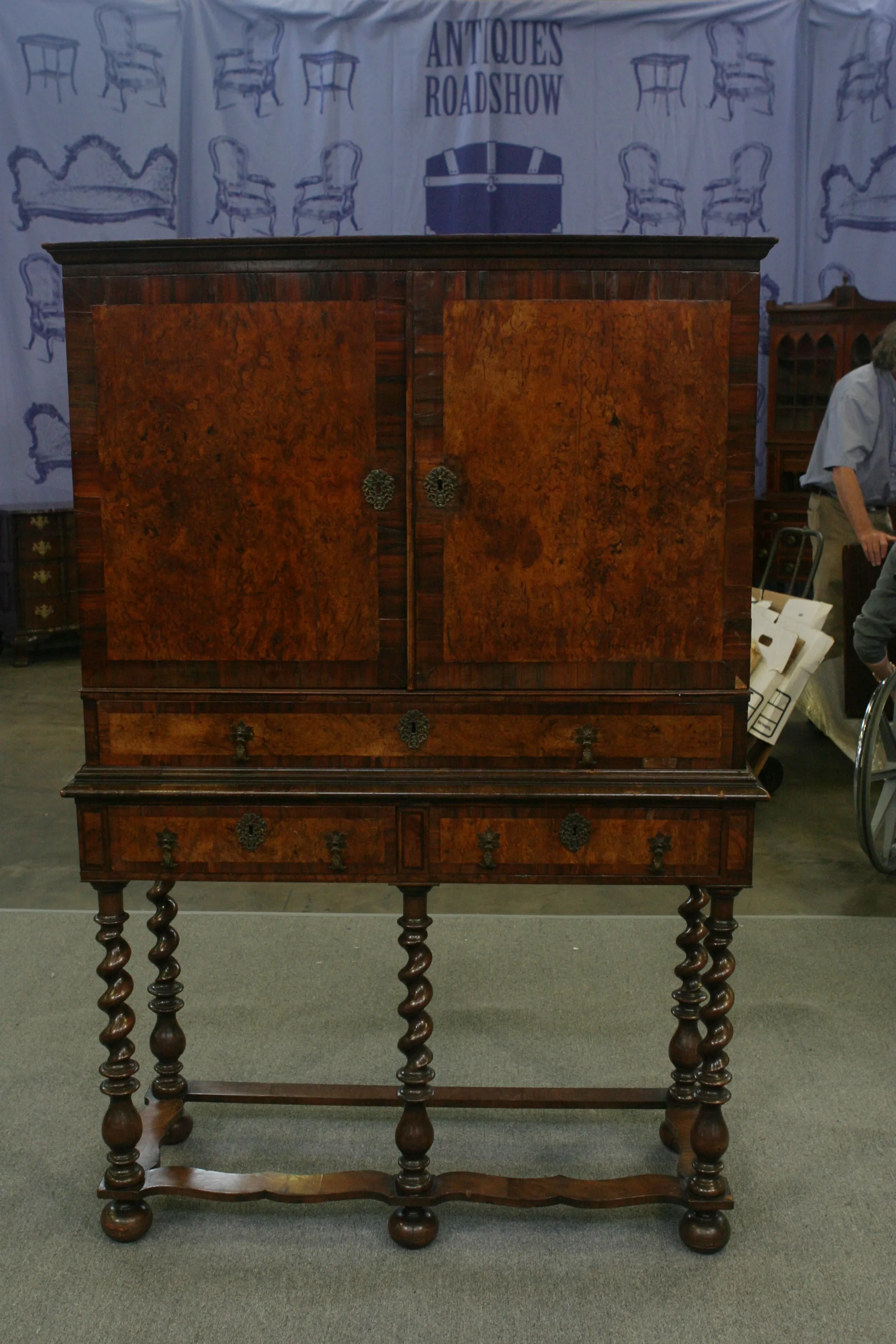GUEST: I know that it was made about 1870, 1880 by a gentleman called Francis Sommer. And Francis Sommer, according to what I've been able to find out, worked at 273 King Street after the Civil War.
APPRAISER: And how did you come by it?
GUEST: I answered an ad in a newspaper relatively recently, in the last week, saw the clock, did a little bit of research, and went and bought it.
APPRAISER: How much did you pay for it?
GUEST: I paid $2,500 for it.
APPRAISER: And as a clock collector, do you feel like you got a good deal?
GUEST: I do.
APPRAISER: I believe it's of a style called an astronomical regulator. I know that astronomical regulators were made to keep very precise time, they were usually made one-off, they were never production clocks. I think the fact that it was made here in Charleston and that I can find nothing else on this maker makes it quite rare. The purpose of this clock, right, is to track time very, very accurately. And this particular person you said had a shop on King Street in a jewelry shop, is that correct?
GUEST: That's correct.
APPRAISER: And of course his biggest competition would have been the big boys up in New England.
GUEST: Right.
APPRAISER: Certainly E. Howard, who really became world-renowned for making clocks like this. This clock in the trade we call a gas pump because it looks like a gas pump from the '20s and '30s.
GUEST: Right.
APPRAISER: Because of the accuracy of this type of clock, this became the time standard for his shop and the local community. And they're sold to railroads and timetable companies so that they can use that to set their schedules. Accuracy becomes very, very important, and this is sort of the beginning of it. So when this clock was made in the 1870s, it was probably made more as a watchmaker's clock than a railroad timepiece. This was probably put in a very prominent position right in his store so that everybody walking back and forth would see it. Francis Sommer as the maker is an interesting question, because it's signed on the dial by him and we know that he used it in his shop, but the fact that this is such a technically difficult clock to manufacture, we don't know that he actually had the skill to make it himself, or perhaps he sourced it from someone else and had his name put on the dial. So this clock has some very unusual features in terms of time-keeping ability. He went through the exercise of jeweling the pivot holes and jeweling the pallets.
GUEST: Right.
APPRAISER: And all those things help in the precision tracking of a clock. What would you estimate the value to be in its present condition?
GUEST: I would hope for $10,000, but I really have no idea.
APPRAISER: If this were to sell in a local auction down here, I think the estimate would be conservatively, $10,000 to $15,000, with the hope that it would bring more than that.

